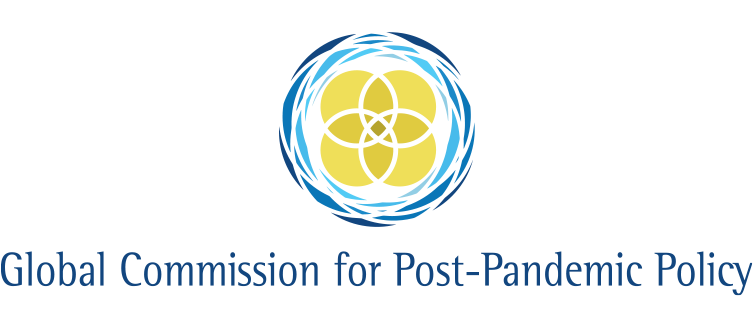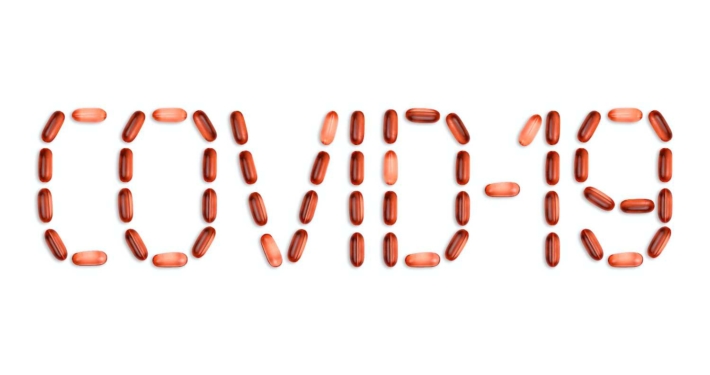The Pandemic, week to March 22nd
Health
Global Covid-19 infections have continued to climb this week, with increasing case numbers persisting in Europe and South America now joined by a surge in India. Restrictions have been reinstated in many of the countries worst affected.
In the US, the sharp decline in cases seen since late February has begun to level out, with the States averaging around 55,000 new cases and 1,200 deaths a day. Despite progress in many regions, cases have remained stubbornly high in the northeast and a recent surge has also been seen in Michigan.
Across Europe, infections have risen for three successive weeks, and more EU citizens are dying of Covid now than a year ago. France, Italy, the Netherlands, Sweden, Poland and several other central and eastern European states have particularly high rates of infection.
In Europe, vaccination efforts have been frustrated by a row over whether the AstraZeneca (AZ) vaccine is safe, after links to rare blood clots in otherwise healthy patients were reported. The EU’s regulator, the European Medicines Agency, concluded on Thursday that the AZ vaccine was safe, and European countries which had suspended use of the vaccine, including France, Germany and Italy, will now resume delivering the shot, although suspensions have been maintained in Scandinavia. Nevertheless, a YouGov poll showed strong belief among the European public that the AZ vaccine is unsafe: 61% in France, 55% in Germany, 52% in Spain and 43% in Italy.
In Africa, decisions were made to continue with the AZ vaccine, even as safety investigations were launched in Europe, with the African Union arguing the benefits of the vaccine far outweigh the risks. Meanwhile the US, which has not yet approved the AZ vaccine, announced it would send 4 million doses of its stockpile to neighbours Canada and Mexico. On March 22, AZ announced that its clinical trial in the US, Chile and Peru had concluded, with 79% efficacy against symptomatic disease and 100% against serious illness, and will now apply to the US Food and Drug Administration for approval.
India has seen its worst single-day increase in infections since November, announcing on Monday over 46,000 new cases in a 24-hour period. Maharashtra, the state in which Mumbai is located, accounts for more than half of the new infections. Seven other states also reported surges last week.
In South America, the deteriorating picture in Brazil may be having an effect on its neighbours. Chile reported its highest daily number of infections — 7,084 —despite widespread restrictions and significant progress with vaccinations. Part of the Chilean government’s response has been tightening limits on people entering from abroad, especially Brazil.
Economy
The G7 group of wealthy democracies has backed the IMF’s proposals to boost support to poorer countries. UK chancellor Rishi Sunak, speaking after a meeting of G7 finance ministers on Friday, said it was a crucial action to ensure “no country is left behind in the global economic recovery from coronavirus”. The agreement bolsters calls for an allocation of special drawing rights (SDRs), the IMF’s reserve currency that is used to supplement countries’ official reserves. The G7’s decision paves the way for potential sign-off at a meeting of the G20 group of the world’s largest economies in spring.
Russia’s central bank made an unexpected decision on Friday to raise interest rates for the first time in two years, from 4.25% to 4.5%, increasing expectations of further rate rises in coming months. This follows a relatively quick economic rebound after Russia’s decision not to follow other major economies into a second lockdown in the autumn, causing inflation to rise more than expected. Brazil and Turkey made similar decisions earlier this week to raise interest rates in an attempt to quell inflation.
In contrast, the Federal Reserve and People’s Bank of China both left key interest rates unchanged this week. The Fed pushed back against market expectations of a rate rise, keeping its rates close to zero despite projections of the US economy is heading for its strongest growth in nearly 40 years. Meanwhile China’s central bank kept its benchmark lending rate the same for the 11th consecutive month, even as concerns continue in Beijing that a wave of liquidity from the $1.9 trillion US stimulus package threatens to overheat the market.
In the UK, consumer confidence is at its highest level since the country first locked down a year ago, according to research company GfK, which reported that its March index showed the largest monthly jump in a decade. This surge in Britons’ optimism about the state of their finances and economic prospects was attributed to well-received Budget announcements, a successful vaccine rollout, and a roadmap to end lockdown.
In New Zealand, an exemplar nation for controlling Covid infections, a double-dip Covid recession is on the cards, as the economy contracted 1% in the final three months of 2020. Some economists are predicting further shrinkage in early 2021. It seems the restrictions that protected New Zealanders from the virus are now damaging the economy, with the critical tourism sector especially hard hit by border closures. Although an air corridor with Australia is being negotiated, a wider opening looks unlikely this year.
Politics
In the UK, alarm is growing over EU briefings that an export ban on vaccines may be imposed, and claims this could set back the UK vaccine rollout by two months. It remains unclear whether such a move would just impact AZ vaccines from one plant in the Netherlands or cover all the EU’s vaccine production. This follows a separate vaccine supply snag for the UK government this week with delays to a 5-million-dose AZ shipment from India.
Across the EU, the surge in infections has led to an increase in restrictions and retaliation by protesters on the streets. Several regions in France, including Paris, entered lockdown on March 20 for at least a month. Poland, which is running out of ventilators in its hospitals, has moved to close many businesses and put schools entirely online. Meanwhile, Chancellor Angela Merkel has said Germany will apply an “emergency brake” to reverse some recent relaxing of lockdown restrictions. Police and protesters clashed in the German city of Kassel, where officers used water cannons, pepper spray and batons against demonstrators. Protests also occurred in Austria, Britain, Finland, Romania and Switzerland.
In China, moves for a reciprocal “health certificate” to allow vaccinated foreign travellers to enter the countryhave been hit by demands from other countries, including Israel and the EU, for more information about the four vaccines the country produces. No data on efficacy or safety of Chinese vaccines has yet been published in scientific journals. The importance of these “vaccine passports” is growing, with several countries exploring proposals for introducing the digital documents, including a scheme in the EU to allow free travel around the bloc.
In the US, Joe Biden delivered on his pledge for “100 million shots in 100 days” of his presidency on Thursday, after just 58 days in office. Vaccine resistance remains an issue, mainly on partisan political lines, with a CBS News poll showing a third of Republican supporters said they would not get vaccinated compared with 10% of Democrats. On Tuesday, former president Donald Trump told Fox News the vaccines were “safe” and “great”, in an interview which it is hoped might shift vaccine hesitancy among his Republican supporters.
In Papua New Guinea, infection rates have been soaring. Testing has been limited in the nation of 9 million people, but recent Australian tests showed half of results coming back positive. The outbreak has caused political tension between Australia and Europe, with Canberra criticising the EU on Friday for being slow to respond to its request for 1 million extra doses to send to Papua New Guinea. Australian prime minister Scott Morrison, who has already donated 8,000 of his country’s vaccine stockpile, said “it’s not right for advanced countries in Europe to deny the supply of vaccines to developing countries who need it desperately like Papua New Guinea.”
Photo by Shooter name with link on Unsplash
GCPPP Newsletter
We now publish a weekly newsletter to inform friends and supporters of the Global Commission’s progress and to provide updates when new content is published. Please sign up here:


 Volodymyr Hryshchenko, Unsplash
Volodymyr Hryshchenko, Unsplash
 Adam Nieścioruk, Unsplash
Adam Nieścioruk, Unsplash
 visuals, Unsplash
visuals, Unsplash


